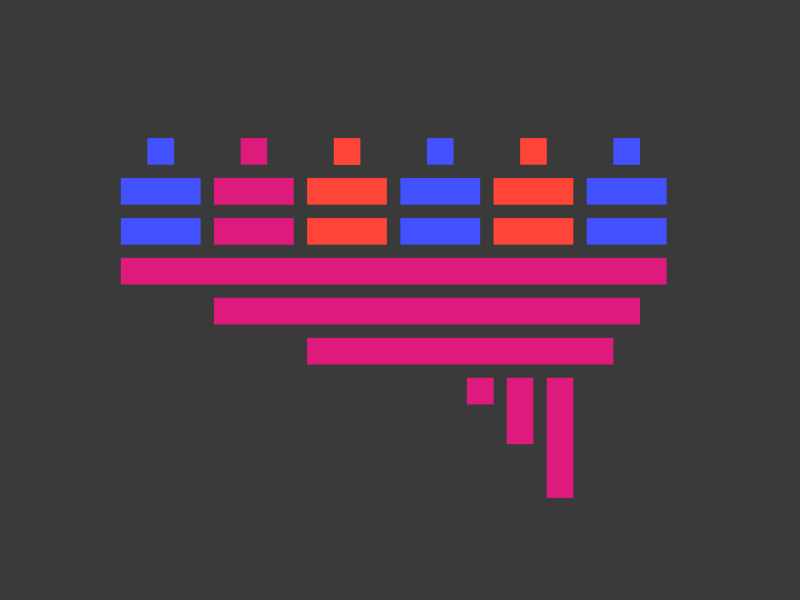In the pursuit of knowledge and academic excellence, we often find ourselves on a continuous quest for answers, solutions and insights. However, could it be that true wisdom lies in the acknowledgement of what we do not know rather than what we do know? Socrates, the Greek philosopher, proclaimed: “I am intelligent because I know nothing”, shedding light on the transformative power of humility in learning. In this piece, we will delve into how best to adopt this approach in the realms of creativity, research, innovation and lifelong learning, to forge new paths to enlightenment.
The paradox of humble enquiry
Research is a journey of exploration, and authentic discoveries spring from admission of our limited knowledge. This recognition fuels our hunger for understanding and propels us to delve deeper for answers that lie beneath the surface. When we approach research with humility, we unlock the door to learning from a multitude of sources, embrace alternative viewpoints and refine our methodologies.
When teaching, academics must not ignore or reject students’ tough questions if they do not have the answer. Instead, they should explore such questions together, igniting curiosity and normalising not knowing as part of academic enquiry. This will serve as a counterbalance to academic hubris, redirecting efforts towards knowledge construction.
- Resource collection: How to chart a course through crisis
- How can we support innovation in teaching practices within universities?
- Resource collection: Creativity in higher education
Faced with substantial financial hurdles post-pandemic, administrators can champion humility and openness by fostering a transparent and inclusive approach to resource management. They can invite colleagues from across the institution to collectively explore new resource allocation strategies. This promotes the inclusion of diverse perspectives, cultivating a sense of shared responsibility and commitment among team members as they navigate a tricky financial landscape.
Cultivating creativity
Creativity flourishes in the realm of uncertainty. By embracing the notion that we do not have all the answers, we free ourselves from self-imposed boundaries. This mindset invites us to explore unconventional ideas and uncharted territories, leading to the birth of new concepts, perspectives and creative expressions.
This can be achieved through the establishment of dedicated innovation hubs or to foster industry and multidisciplinary collaboration, brainstorming and the development of innovation strategies among staff and students. Universities can play a vital role in supporting innovation hubs by leveraging their strengths and assets in research, education and talent development.
Forms of co-creation and collaboration include joint research, innovative courses, events, strategic partnerships and establishing satellite campuses in innovation districts. Great examples of innovation hubs include Massachusetts Institute of Technology (MIT)’s Innovation Headquarters (iHQ), National University of Singapore’s Innovation and Design Hub and the University of Cambridge’s Maxwell Centre, which is a centrepiece for industrial engagement with physical scientists and engineers working on the West Cambridge Science and Technology Campus, facilitating a two-way flow of ideas between researchers and industry.
Innovating through uncertainty
Innovation is undeniably a critical imperative in the volatile, uncertain, complex and ambiguous (VUCA) landscape of higher education. We need adaptive institutions capable of effectively addressing evolving student needs, swiftly responding to technological shifts and staying attuned to societal demands. To enact this transformation, administrative leaders play a pivotal role. They should champion a culture that values humility, embraces uncertainty and fosters imaginative problem-solving.
They can do this through a focused approach to cross-departmental collaboration. Senior staff can actively facilitate collaboration between departments that typically operate in silos, enabling cross-pollination of ideas and diverse perspectives that ultimately lead to innovative solutions. Recognising and rewarding such innovative efforts is another way in which administrators, and by extension the institution, can demonstrate commitment to creativity.
This can be seen at the University of Notre Dame where a solution thinktank was created to empower cross-functional teams to assess institutional challenges, design human-centred solutions and implement those solutions across campus. Using design sprints that engaged different teams, this collaborative approach has enhanced organisational processes.
Lifelong learning as a journey
In academia, a culture of “not knowing” can be embraced through ongoing professional development, with scaffolded certification and microcredentials. Microcredentials follow the paradigm of competency-based professional learning by allowing educators to focus on a discrete skill related to their practice. These programmes motivate individuals to identify knowledge gaps and pursue higher expertise levels.
Academics could begin with a personal skills audit to recognise their strengths and areas for growth, then follow a structured approach to professional development. Ideally, this should be support by institutional training and support such as Harvard University’s Office of Faculty Development and Diversity and Ohio University’s Badging and Pathway programme, which emphasise the enhancement of crucial skills. Additional avenues for knowledge acquisition and growth include mentorship, active involvement in professional networks, pursuit of certifications and accreditations, and exploration through sabbaticals and visiting fellowships.
As a community of educators and higher education leaders, let us always bear in mind that the quest for knowledge is a continuous expedition without a preordained endpoint. Recognising our knowledge gaps paves the path for fresh comprehension and advancement.
Lyn R. Keith is a programme officer at the University of the West Indies.
If you would like advice and insight from academics and university staff delivered direct to your inbox each week, sign up for the Campus newsletter.




comment